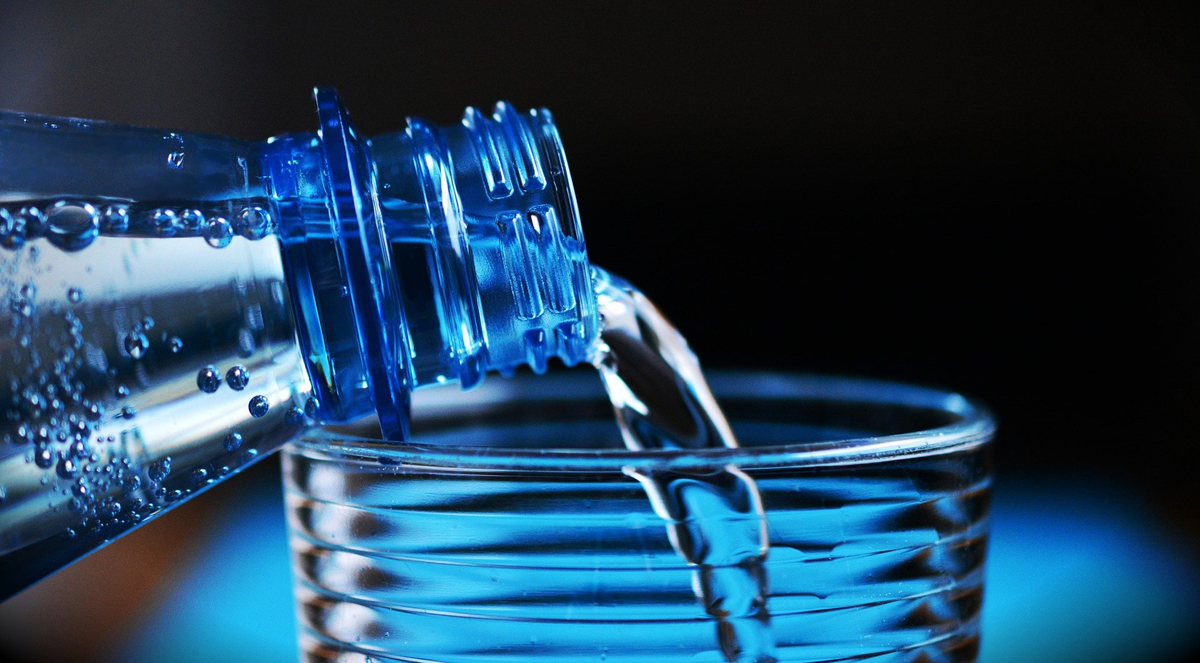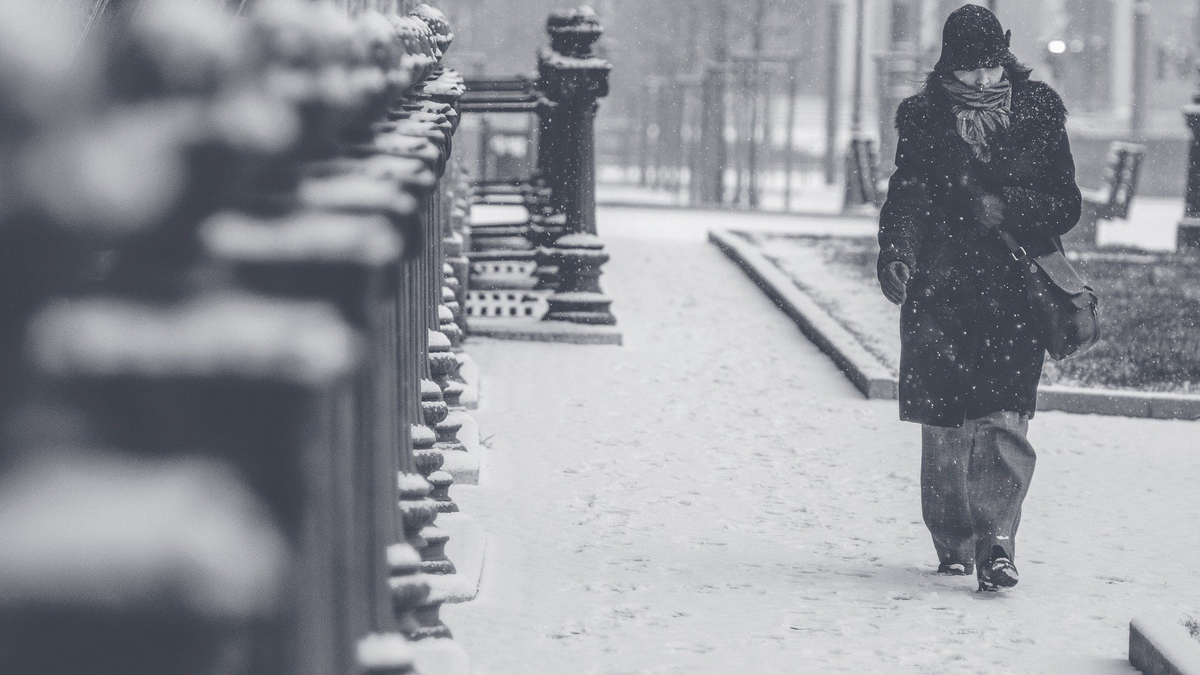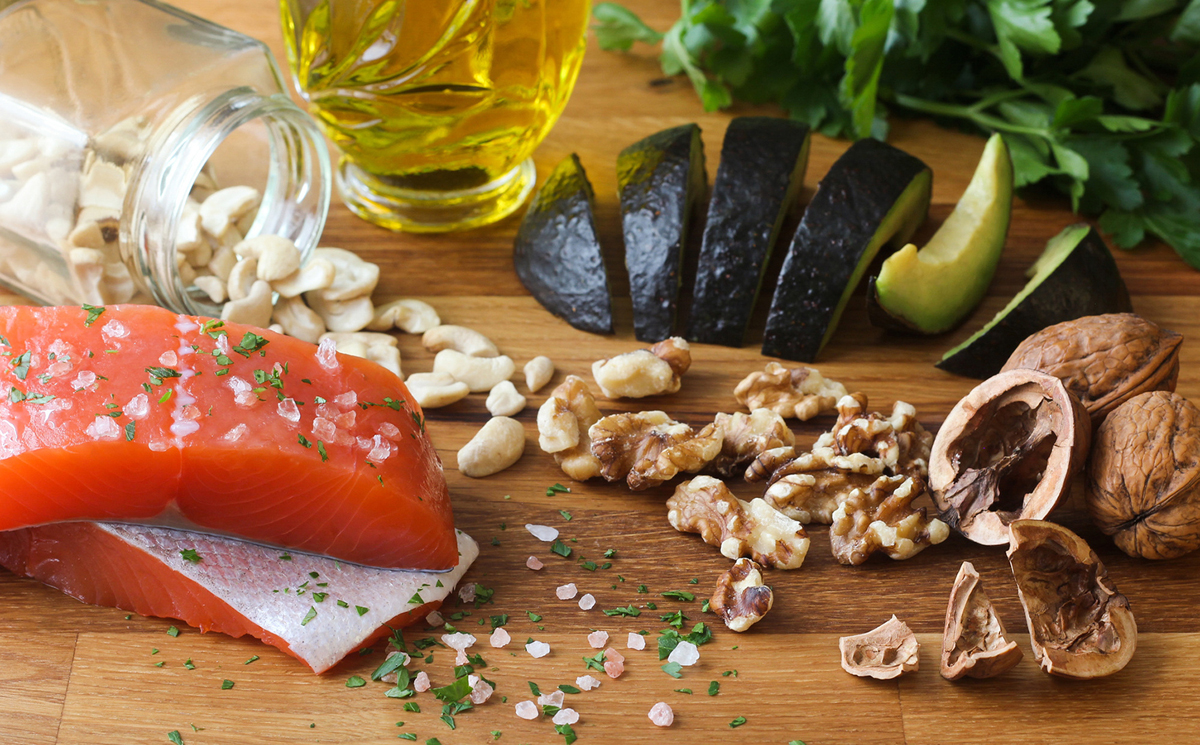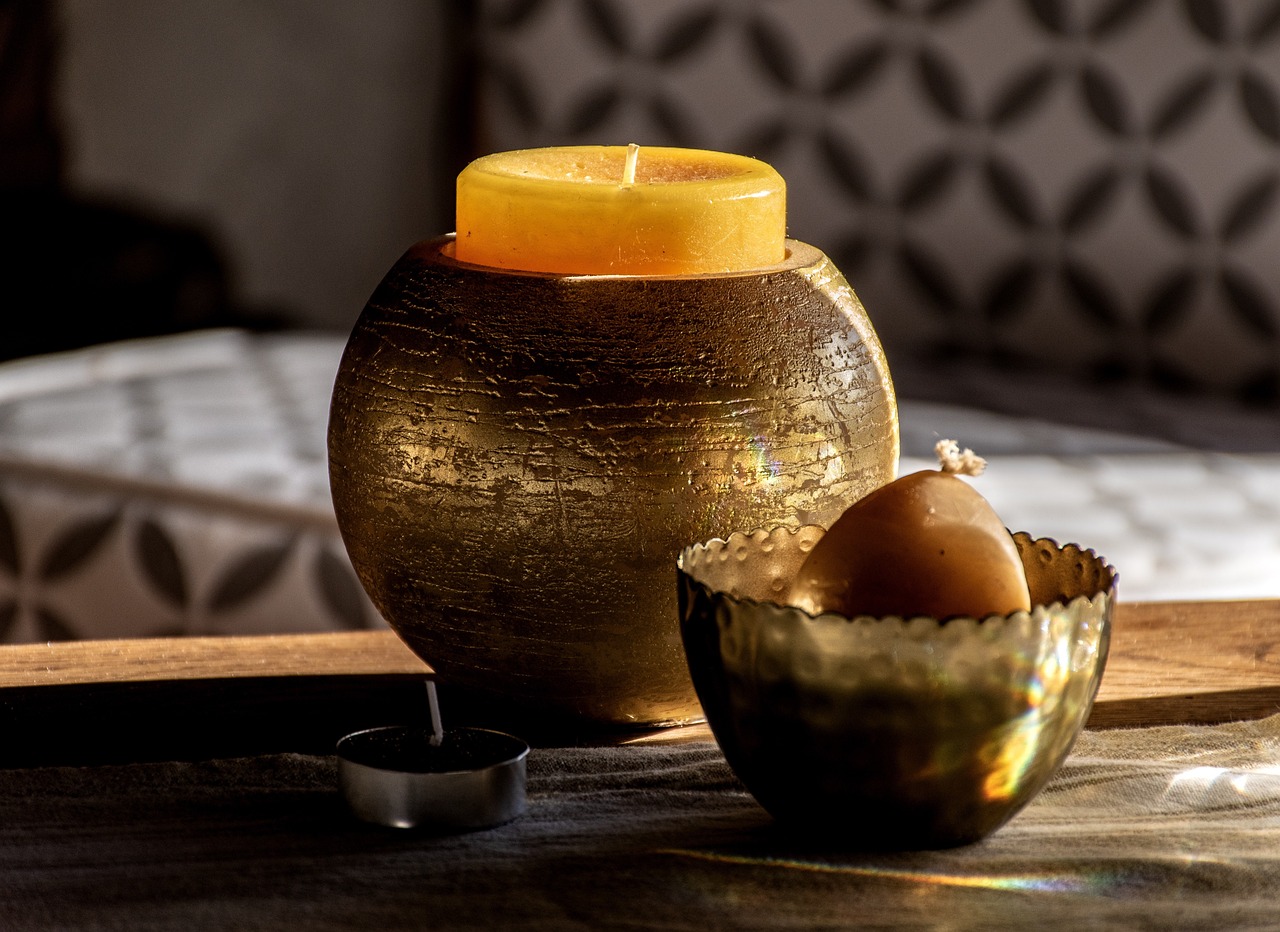How Safe is Your Water Supply?

Recently, a popular Internet news site published an editorial article about the safety of the public water supply. The authors concluded that the water was probably not extremely dangerous. Despite this, however, their investigation about the chemicals and additives found in city and town water supplies gave me second thoughts about pouring that next glass of tap water.
They examined samples from town wells and city utilities across the country, and came up with some startling results. Nearly every sample examined contained traces of hundreds of different kinds of medicines. While none of these levels were high enough to be dangerous, I wonder about whether these traces can cause or worsen medication allergies.
In addition to these traces of medicines, the water samples also contained tiny amounts of chemical particles. Groundwater runoff from fertilizer and cleaning chemicals used by people account for some of these particles. Another potential, less common source of these chemicals is contamination of the water supply.
How can you avoid drinking these chemicals and medicines the next time you turn on the tap? Some people argue that bottled water is safer, but in most American cities and towns this is not true. In fact, bottled water is often bottled tap water.
Furthermore, when these plastic bottles get too hot, chemicals leach from the plastic into the water. Even though you may watch to be sure that the water bottles are properly stored after you purchased them, how do you know they didn’t sit for hours or weeks in an overheated warehouse, storage room, or transportation truck?
Tap water is still the safest option, and there are a number of things you can do to keep your home water supply healthy. First, replace rusty faucets. In addition, clean the sink and faucet regularly to prevent bacterial contamination or dirt buildup.
Another step you can take to ensure the purity of your water supply is to add a water filter. A number of different kinds of water filters are available. Most of these devices have disposable filters that need to be changed regularly, so take time to read the directions and note how often the filters should be changed when you install the filter.
Some filters are more complicated and difficult to install than others. If you’re interested in a basic filtering system that will help remove extra chlorine and other trace chemicals, these systems can usually be purchased for less than $100.
If you have a well, or if you live in a small town that has a single local well for a water supply, you may decide to invest in a more expensive system. These filters also remove hard metals, such as nickel and copper, as well as chlorine and other chemical particles. Prepare to spend up to $500 or more for an elaborate system that thoroughly cleans your water supply, though.
Before you become too alarmed, remember that the experts determined that none of these chemicals are found in high enough levels to cause harm. Of course, each water supply has its own taste and flavor, so if the taste isn’t to your liking, perhaps a filter is in order!
The Author:
This article was written on behalf of PebbleZ.com’s line of natural stone drink coasters and imported marble kitchen accessories. The article itself was written by designer and style philosopher Joey Pebble.
Photo. Congerdesign








